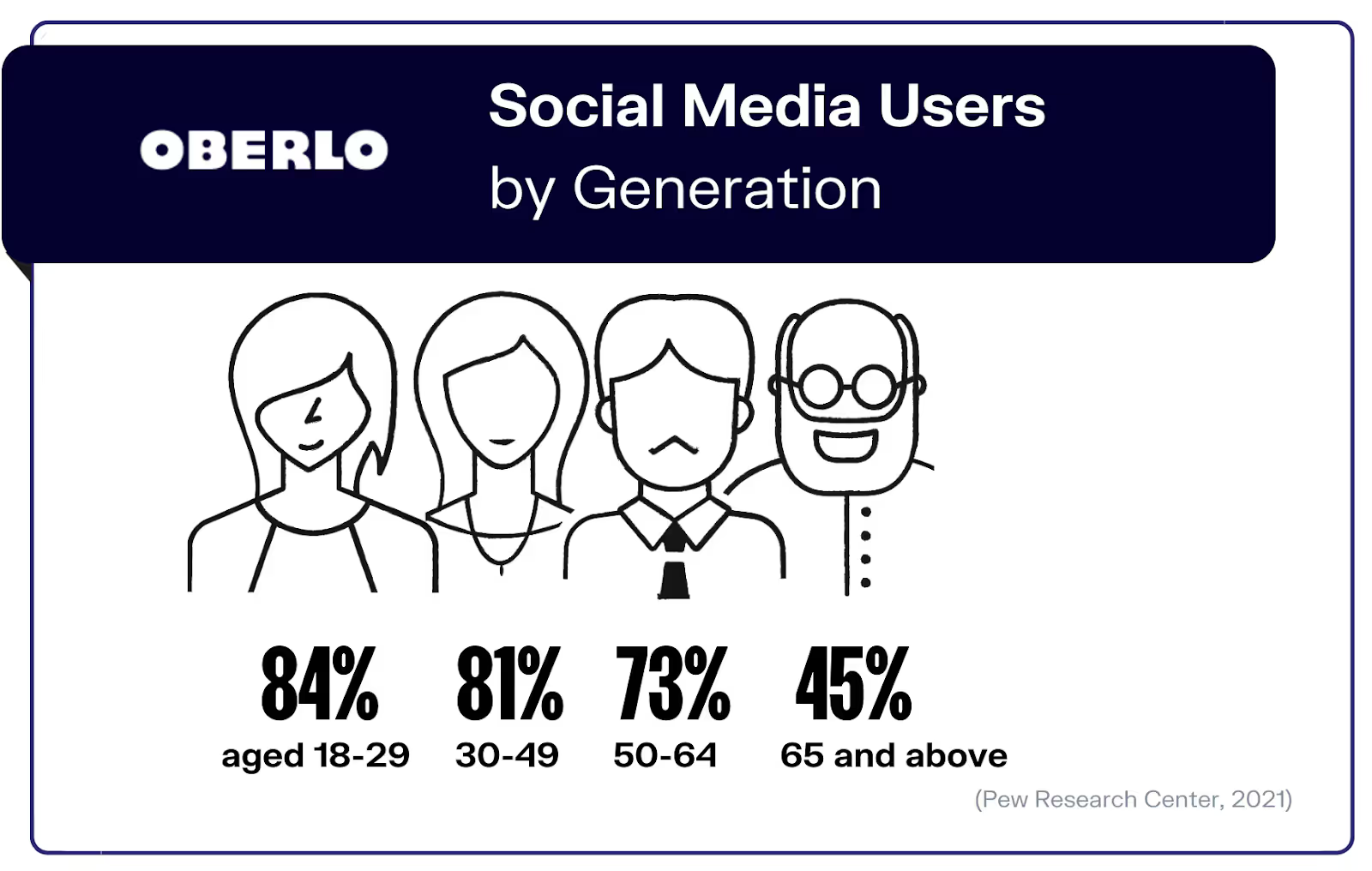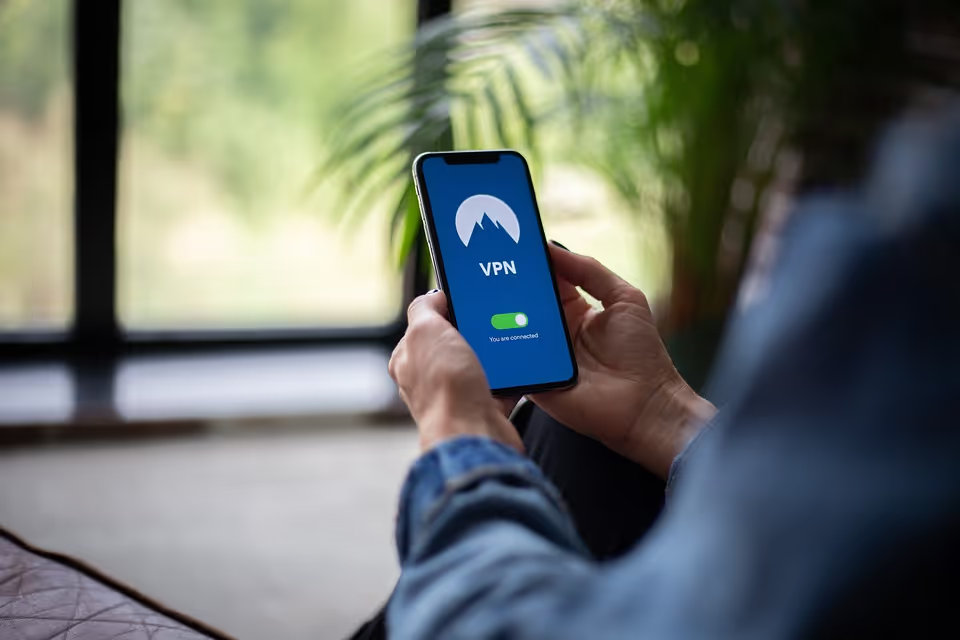Yes, You Still Need a Business Number: Here's Why
Yes, You Still Need a Business Number: Here's Why

Starting a new business? Surely you don’t have to worry about creating a separate business number, right? After all, most customers will be contacting you via social media and email. And in any case, your personal number will do, won’t it?
Quite frankly, no.
Business numbers are still hugely important. Want to know why? OK, caller, putting you through…
Why shouldn’t you use a personal number?
There are lots of reasons why it’s not the best idea in the world to use your own number for your business. Of course, it’s tempting. It’s already there, at your fingertips. You know it off by heart. And, not to be under-emphasized, you don’t have to shell out for a new one.
But here come the downsides. Ready?
Disadvantages of using a personal number for business
- Is that a business or personal call coming in? Who knows?
- Telemarketers and unwanted robocalls will get in the way of legitimate customers
- Call features won’t scale with you as your business grows
- Personal privacy is jeopardized
- It can look unprofessional
What’s more, the longer you leave it to set up a new business number, the stronger the link between the business and your personal number will be. Before you know it, the number’s on your business cards, logos, receipt books, shop hoarding, websites, social media – the list goes on.
So imagine the mammoth clean-up task you’ll have on your hands if you decide to change to a business number later down the line.
Why does your business need a phone number?
You might be thinking that you’re being very intrepid, being in the vanguard of the digital revolution in your rejection of phones in favor of more cutting-edge means of communication.
However, there are some very important factors associated with the good old telephone that you reject at your peril.
Online communication can be off putting
Not everybody in your client base is a digital supremo. They might be a little more senior or just unapologetically traditional in their outlook.
Chatbot? No thanks – real person, please. These are the people for whom the knowledge of how to create an electronic signature on Word will be wasted, as they unscrew the lid on their fountain pen and look for their blotter.
There’s nothing wrong with this outlook, and it still exists even among different generations. Your business can’t afford to forsake this lot, just because they don’t subscribe to the most modern thinking.
Take social media. The overall figure for social media engagement across the global population is 4.59 billion – that’s roughly 58% of the population. That sounds immense, and indeed it is. However, if you drill down into the stats, you find this has a dramatically young skew.

So, if yours is a business with a tendency to appeal to customers over 65+ years old, then you’re looking at a situation in which the majority don’t use social media. Admittedly, this is still a global figure, and the situation in the US will be different. But it still leaves a big chunk of the demographic that are not social media users and who may well be more dependent on the phone as a means of communication.
Add to these people those who are temporarily or otherwise struggling with an internet connection, and you have a large number of customers who can’t reach you. When you’re trying to build personal connections with customers, this is nothing short of a fatal flaw.
Smartphones: our constant companions
By our side as we go through life, always there for us, always helpful. No, not our friends, spouse or dog (OK, maybe the dog). Smartphones have become our peerlessly assistive tools, without which we’d struggle to get through the day.
Just how widespread are they? It’s estimated that there are a whopping 6.5 billion smartphones worldwide, and the number’s increasing by at least 5% per year. The upshot? People are accustomed to being able to contact other people, instantly.
This ability to make a call wherever you are results in customers expecting to be able to call your business. If they can’t, what they get is frustration. What you get is reduced business.
When time’s tight

The telephone’s great when you need results, fast. Yes, an email’s great for making sure you get all the details down and being there as a record you can refer back to. But who can say when it’s going to get read, let alone responded to?
With a phone call, you’re in charge. You set the pace, you ask the questions and you’re right there for (hopefully) instant answers.
This can be especially important should you have a customer with an issue with one of your products that they need an instant response to. You don’t want to be one of those companies that customers bemoan for their lack of responsiveness. There are plenty like that. What’s worse is that there are also plenty of competitors that customers can take their business to instead.
So wise up and mind that phone.
Calls for complexity
Sometimes, an issue is too complicated to get across in writing. A simple request like “where’s the nearest store?” is ideal for a chatbot. But try it with something like “what is a JV agreement” and don’t be surprised if it just shrugs its transistors and gives you a blank look.
Queries that depend on a degree of interaction to elucidate matters are better done on the phone. It can often be a lot quicker to get satisfaction this way, mainly because of a human’s ability to cut to the chase. Talking of the human touch…
People like people
For all our love affair with technology, our need for human contact remains very much in place.
The range of nuance that’s possible with a spoken exchange is not transferable to other media. How many times have you had a joke misinterpreted in an email, WhatsApp, or social media?
As advanced as AI is, it’s not a patch on the human ear for detecting subtleties of tone. Using human insights, call agents are able to deal with upset customers quickly and efficiently, meaning a swifter and more satisfactory call resolution than might be the case otherwise.
Moreover, you can’t beat the sense of camaraderie you get from realizing that you share a perspective with the person on the other end of the phone. There are some very amenable chatbots out there, but they just can’t compete.
Virtual: the new reality
Hands up if you’re thinking ‘but surely it’s a big faff to change numbers; I don’t have time to take on all the hassle involved’. Well, think again. It’s simplicity itself to get a new business number, when you do it virtually.
Gone are the days of booking a visit from a team of landline installers. First they survey the place then take an extravagantly long time (and create lots of mess) while drilling holes in walls and routing cables under carpets.

Instead, today it’s all about getting a virtual phone number.
A virtual phone number is what you get from a cloud-based telephone service that deals in VoIP (Voice over Internet Protocol). The number looks like any old telephone number. But here’s the clever bit: you can assign your virtual number to any digital device you like. That includes your PC, laptop, tablet, and, oh yes, your phone.
You can then use this device to take calls on that number wherever you go with it. As long as you have an internet connection, you’re literally contactable by your customers 24/7. That said, you can of course place limits on your availability. For example, you can reroute to a virtual receptionist.
Then, when you want to make a call with that device, you can have your business ID come up on the receiving device. One minute you’re ‘Dad’ telling his son to tidy his bedroom. The next, you’re ‘CEO’ calling to get a shareholder agreement on track. Amazing.
One number can have various extensions, so your employees and colleagues can share in the benefits of taking the business wherever they go. You can then scale up the service as and when your business grows, which it surely will.
One of the best advantages of virtual numbers is that they can take just minutes to set up. In such a short space of time, your business’s connectivity can be utterly transformed.
Surely all this costs a packet? Actually, there are a number of surprisingly affordable packages available. Many even have monthly plans so that you can avoid any big outlays scuppering your carefully planned budgets.
Get your business number today
As we march ever onward with technology, it’s easy to forget just how valuable certain established methods and tools are. Phones occupy an especially valuable place because they appeal to the more traditional customer. But beyond that, modern calling services offer the best in cutting-edge technology for the driven, savvy businessperson.
This is why they need to be retained and valued. But to use one’s personal number as a business contact solution is asking for trouble. It offers a substandard contactservice and leaves you vulnerable to abuse.
So, a separate business number is a must. And logic dictates you should go virtual.
Take the faster path to growth. Get Smith.ai today.
Key Areas to Explore

Your submission has been received!













.svg)



